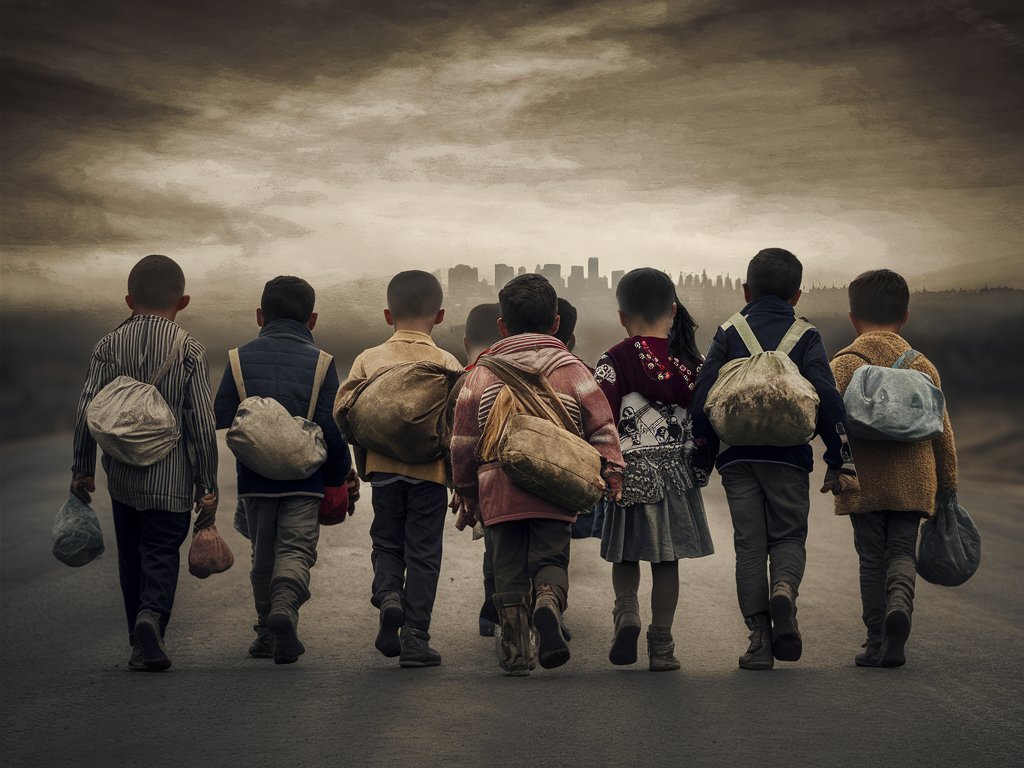 Childhood and migration - a special blog feature
Childhood and migration - a special blog feature
11 August 2024
Over the past six weeks, we have published twelve blogs on a broad range of issues concerning childhood and migration. The series, edited by our members Adrienne Lee Atterberry and Karina Ruiz, is a collaboration between our network and CCYSC (a network for researchers of children and youth across South Asia and beyond, convened by our members Anandini Dar and Divya Kannan).
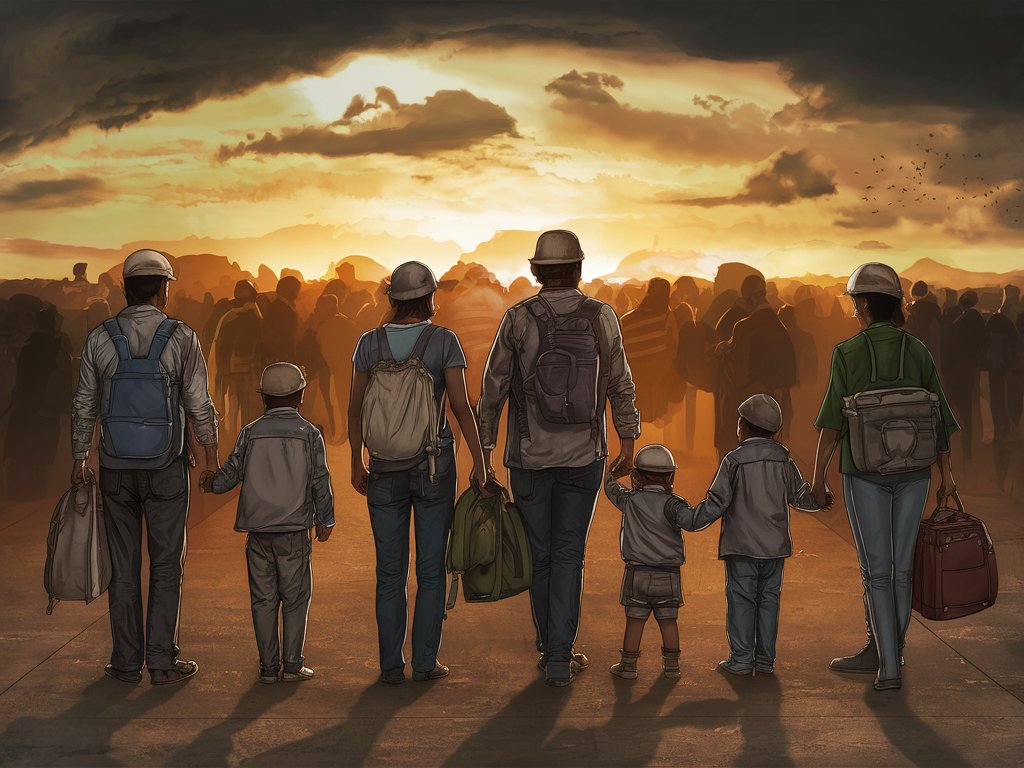 Conclusion to the 'Childhood and Migration' blog series
Conclusion to the 'Childhood and Migration' blog series
7 August 2024
Over the last few weeks, we have published a series of blogs on the topic of 'childhood and migration,' edited by our members Adrienne Lee Atterberry (Union College, US) and Karina Ruiz (University of California Santa Cruz, US). In this concluding blog, Adrienne and Karina recap the main themes of the series, and identify avenues for future work on the subject.
 Windrush Child
Windrush Child
5 August 2024
The eleventh installment of our blog series on 'Childhood and Migration' is a poem by Laura Rennie (University of Portsmouth, UK), 'Windrush Child.'
 Schools Matter: Migrant Children's Varied Educational Experiences in Suburban Long Island Schools
Schools Matter: Migrant Children's Varied Educational Experiences in Suburban Long Island Schools
31 July 2024
In the tenth installment of our blog series on 'Childhood and Migration,' our member Sandra Castro (Adelphi University, US) discusses the vital role of schools and mothers in the academic success and integration of Central American immigrant children living in Long Island, New York.
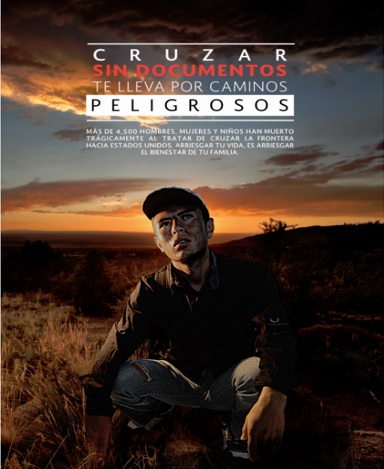 Central American Children and their Experience of Violence While in Transit Through Mexico
Central American Children and their Experience of Violence While in Transit Through Mexico
29 July 2024
In the ninth installment of our blog series on 'Childhood and Migration,' Ángel A. Escamilla García (Yale University, US) discusses the journey of Central American children to the US, and in particular their experience of violence while in transit through Mexico.
 Childhood and Migration: Support and threats to children’s sense of belonging
Childhood and Migration: Support and threats to children’s sense of belonging
24 July 2024
In the eighth installment of our blog series on 'Childhood and Migration,' Jessica Schwittek (University of Duisburg-Essen, Germany) and Karin Kämpfe (University of Education Schwäbisch Gmünd, Germany) examine what belonging means for children in the context of migration.
 Aging Out: Children in High-Skilled Indian Immigrant Families in the US
Aging Out: Children in High-Skilled Indian Immigrant Families in the US
22 July 2024
In the seventh installment of our blog series on 'Childhood and Migration,' our member Rianka Roy (Wake Forest University, US) discusses the challenges faced by US residents who migrated from India and 'aged out' of their legally dependent status.
In the sixth installment of our blog series on 'Childhood and Migration,' Senper Elias Fisseha (Addis Ababa University, Ethiopia) discusses food distribution, academic performance, and susceptibility to child labour among refugees in Ethiopia.
In the fifth installment of our blog series on 'Childhood and Migration,' Roshni Nuggehalli, Siddharth K J, and Prakash Bhaware (Youth for Unity and Voluntary Action, India) discuss work trying to facilitate the participation and leadership of children affected by forced evictions and displacement in Mumbai, India.
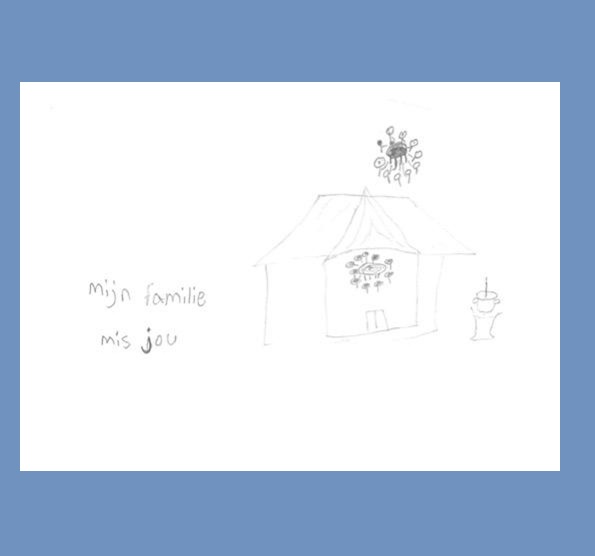 Keeping child refugees separated from their families is cruel
Keeping child refugees separated from their families is cruel
10 July 2024
In the fourth installment of our blog series on 'Childhood and Migration,' our member Philip Veerman (Netherlands) discusses his experiences as a health psychologist working with Eritrean child refugees in the Netherlands.
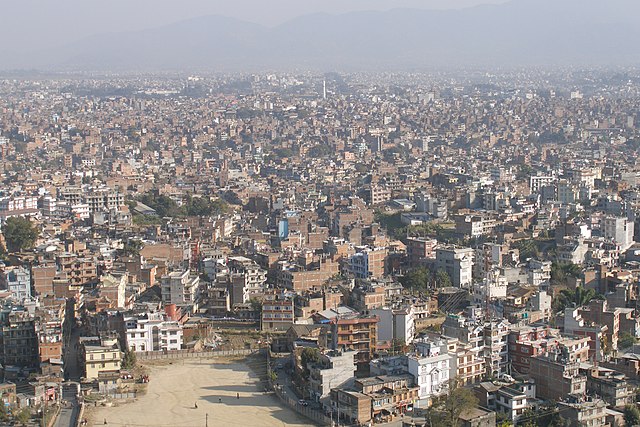 Childhood migration: Separated children's experiences and issues of citizenship in Nepal
Childhood migration: Separated children's experiences and issues of citizenship in Nepal
8 July 2024
In the third installment of our blog series on 'Childhood and Migration,' Susan Kay-Flowers (Liverpool John Moores University, UK) discusses the reasons why many children become separated from their parents in Nepal, as well as these children's experiences and the difficulties they face in securing citizenship.
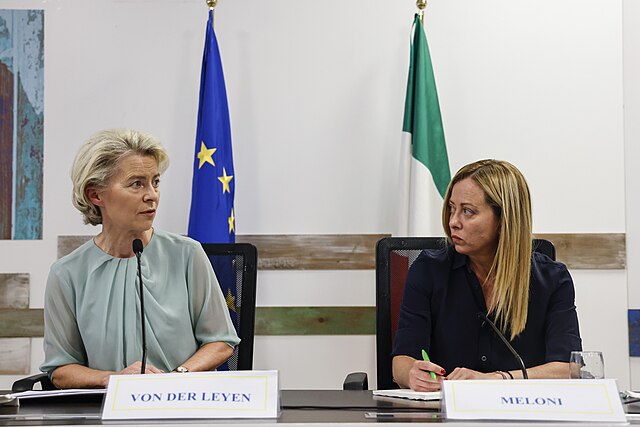 Youth migration and the border of childhood
Youth migration and the border of childhood
3 July 2024
In the second installment of our blog series on 'Childhood and Migration,' our member Sarah Walker (University of Bologna, Italy) examines the plight of unaccompanied African children seeking asylum in Italy during a time of increased anti-immigrant political sentiment.
 Introduction to our 'Childhood and Migration' blog series
Introduction to our 'Childhood and Migration' blog series
1 July 2024
Over the coming weeks, we will be publishing a series of blogs on the theme of 'childhood and migration,' edited by our members Adrienne Lee Atterberry (Union College, US) and Karina Ruiz (University of California Santa Cruz, US). In this introduction, Adrienne and Karina provide an overview of the series.
 Call for Papers: Childhood and Migration Blog Series
Call for Papers: Childhood and Migration Blog Series
12 December 2023
Jointly published by CLPN (the Childhood, Law & Policy Network) and CCYSC (the Critical Childhoods and Youth Studies Collective).
Edited by our members Adrienne Lee Atterberry (Union College, US) and Karina Ruiz (University of California Santa Cruz, US).
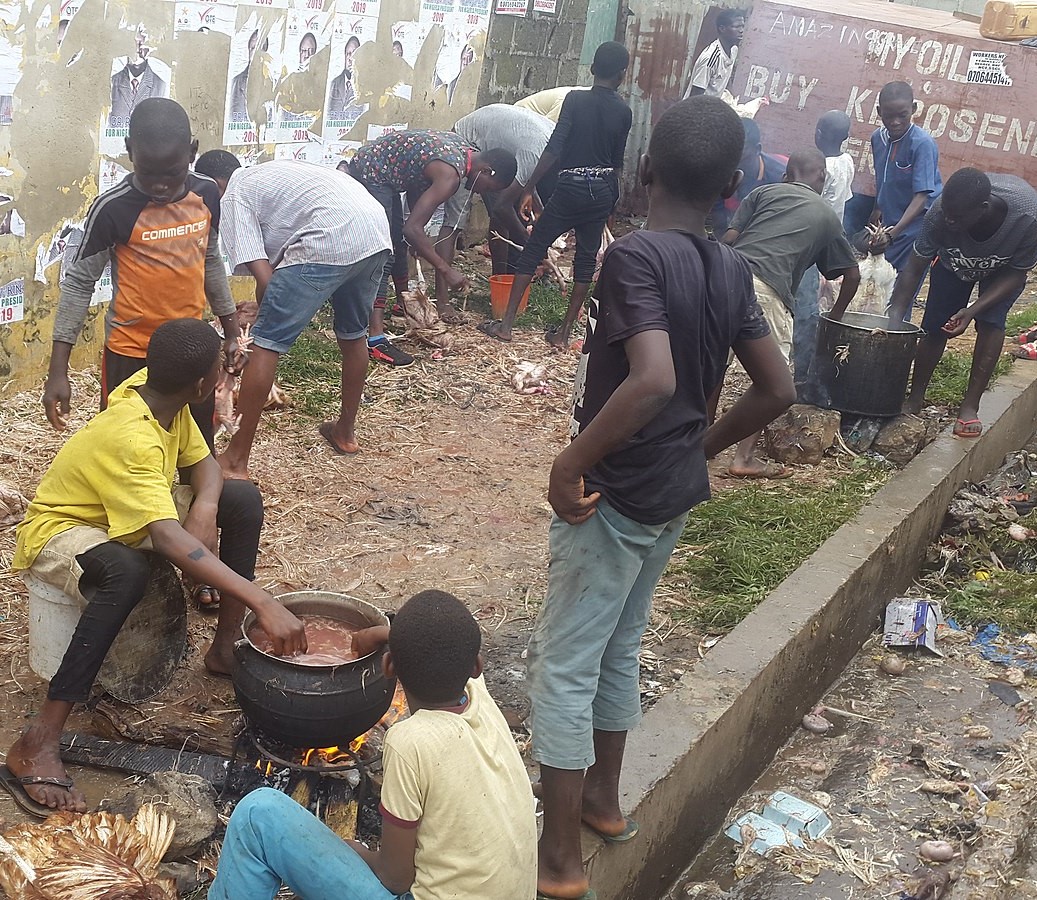 Children and work - a special blog feature
Children and work - a special blog feature
5 October 2022
Over the past three weeks, we have published pieces by nine of our members - Neil Howard, Jessica Taft, Rebecca Raby, Elizabeth Dillenburg, Sam Okyere, Omri Grinberg, Peter Kelly, María Florencia Amigó, and Edward van Daalen - on a broad range of issues concerning children and work.
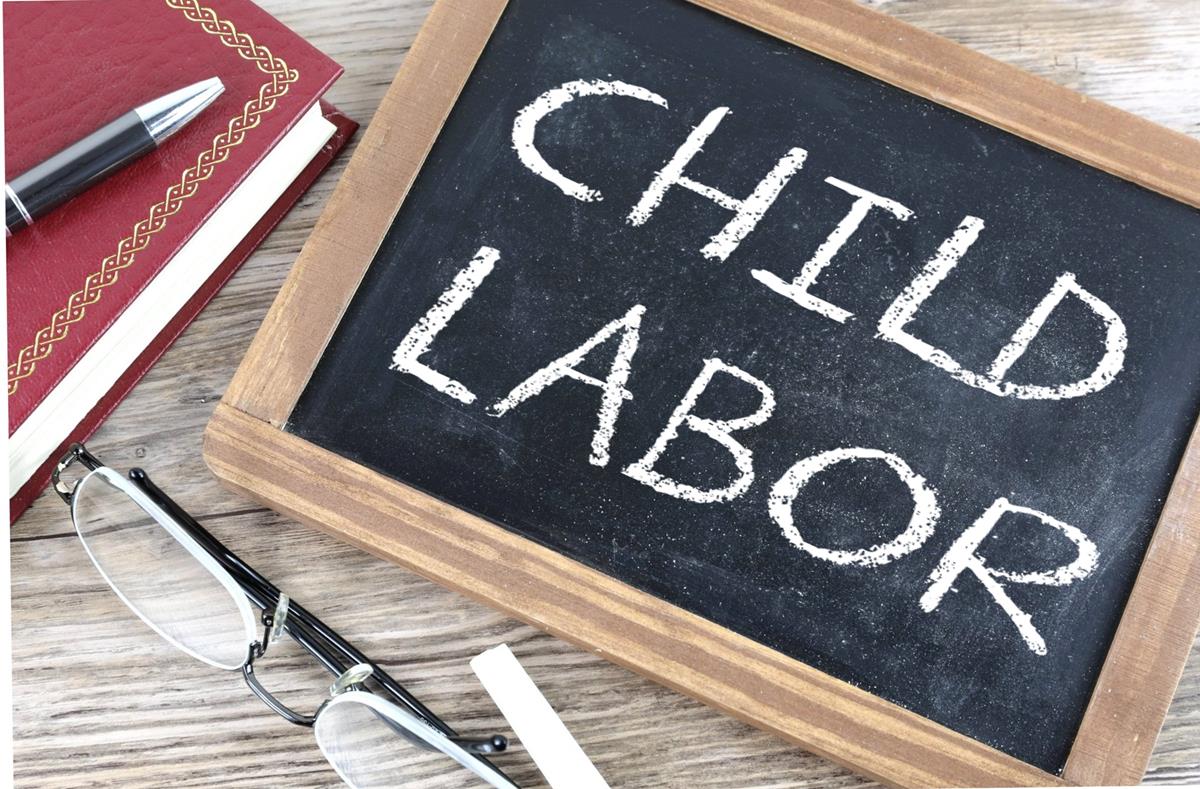 Edward van Daalen on the problems with the campaign to abolish child labour by 2025
Edward van Daalen on the problems with the campaign to abolish child labour by 2025
20 September 2022
Non-hazardous work can be beneficial for children. But even hazardous child labour cannot be eliminated overnight; instead, it requires creative and localised approaches that take children’s own opinions seriously. The problem, Edward van Daalen argues, is that such pragmatism and innovation are excluded by the dominant public discourse on children’s work.
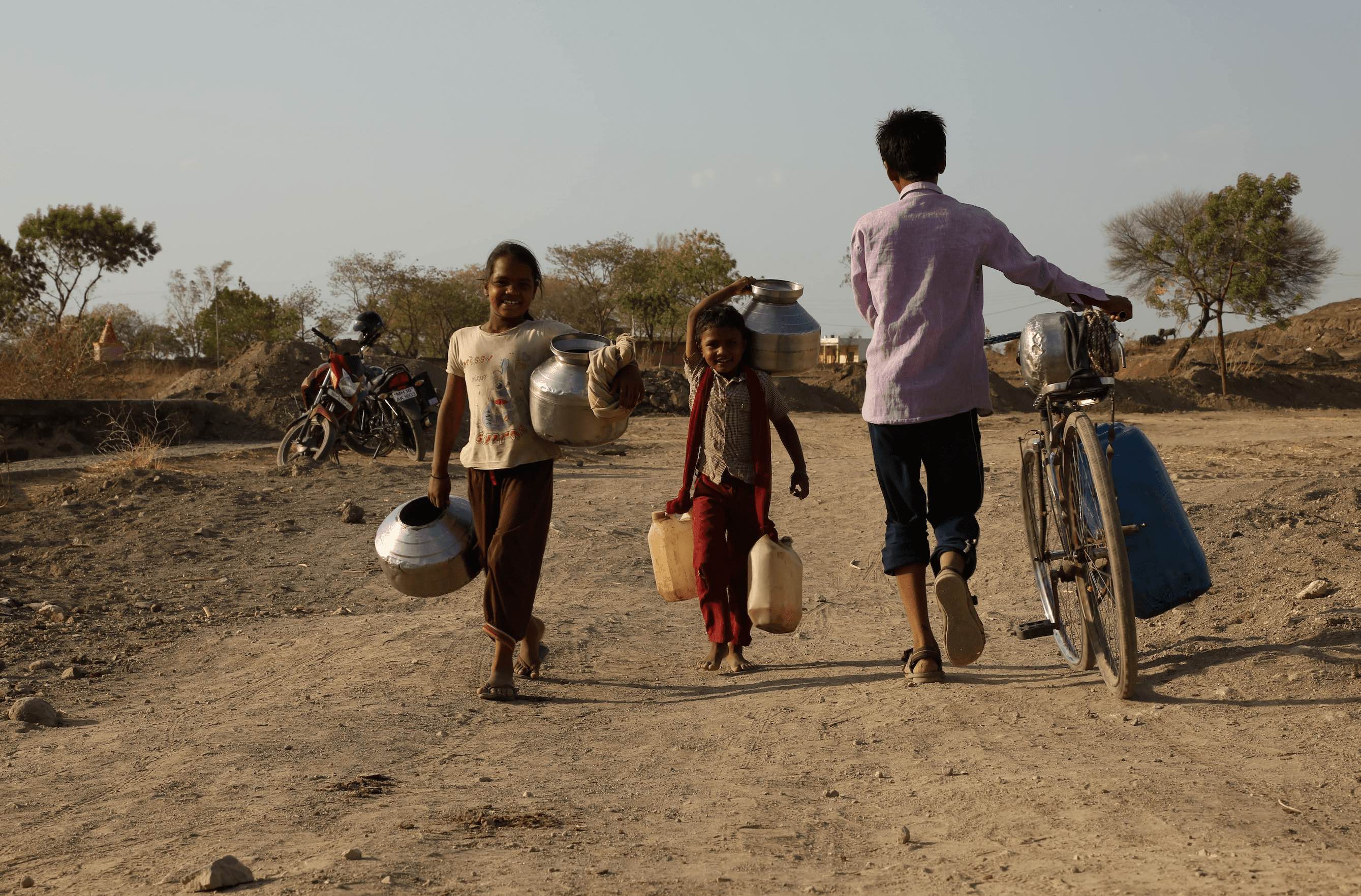 María Florencia Amigó et al. investigate the impact of climate change on child labour in Côte d’Ivoire, Ethiopia, Nepal, and Peru
María Florencia Amigó et al. investigate the impact of climate change on child labour in Côte d’Ivoire, Ethiopia, Nepal, and Peru
18 September 2022
The climate crisis has had evident detrimental effects on agricultural production worldwide. Available data does not suggest that climatic shocks will generally lead to either an increase or a decrease in child labour. However, where such events do affect child labour, they are more likely to increase its incidence rather than decrease it.
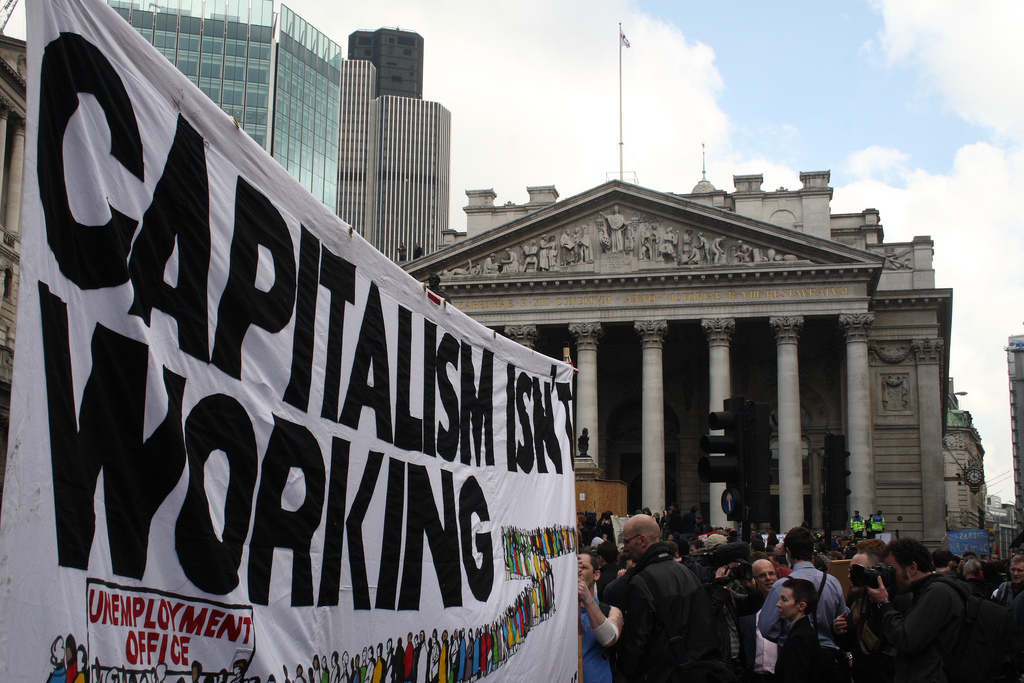 Peter Kelly outlines new ways to think about young people and the future of work
Peter Kelly outlines new ways to think about young people and the future of work
15 September 2022
The ‘problem’ of young people’s transitions from school to work has been a significant feature of youth policy since the early 1980s, especially in Australia and many other developed economies. In a global economy structured by logics of neo-liberal capitalism, what is the future of work for young people?
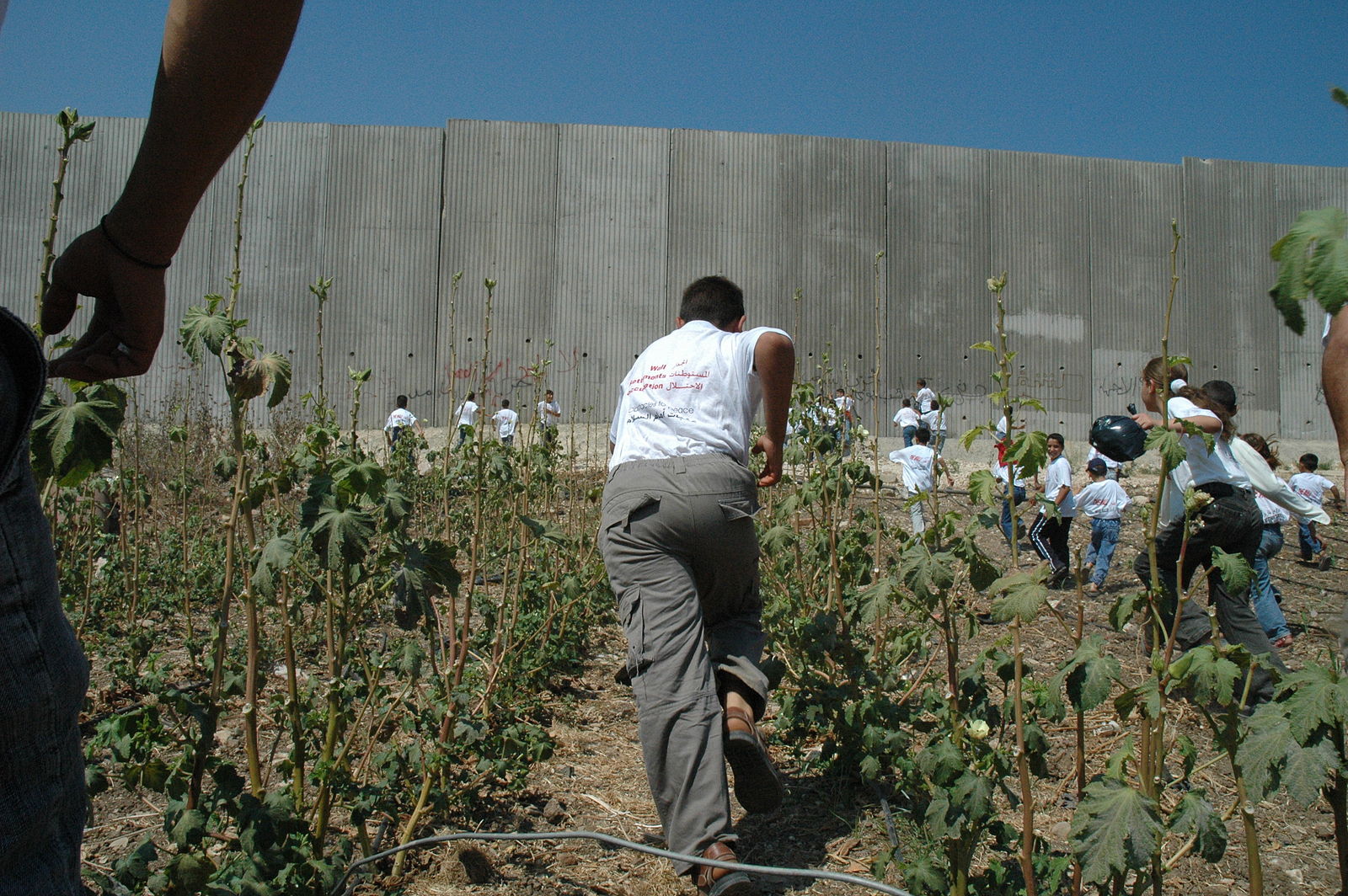 Omri Grinberg sheds light on Israel’s reframing of Palestinian child labor
Omri Grinberg sheds light on Israel’s reframing of Palestinian child labor
13 September 2022
Israeli state officials have gradually reframed Palestinian child labor as an issue of human trafficking and slavery disconnected from Israel’s military occupation. What does this rhetorical shift entail, and what can it teach us about Israel’s evolving decontextualization and disavowal of its violence?
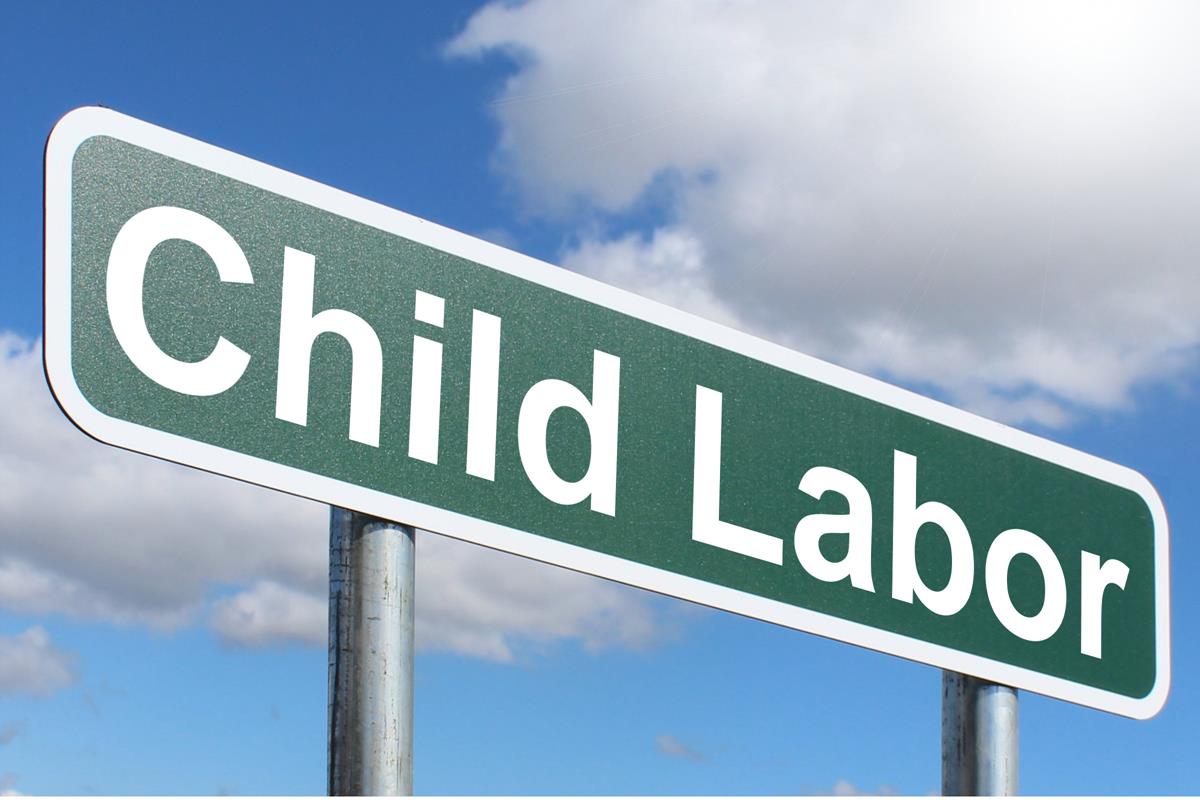 Sam Okyere discusses what Ghanaian children say about their work – and how policy responses to child labour should change
Sam Okyere discusses what Ghanaian children say about their work – and how policy responses to child labour should change
11 September 2022
There is a wide gap between child protection policies and the lived experiences of working children. Policy makers must listen to these children, address poverty and socioeconomic constraints, and recognize that child labour varies considerably depending on the person and context.
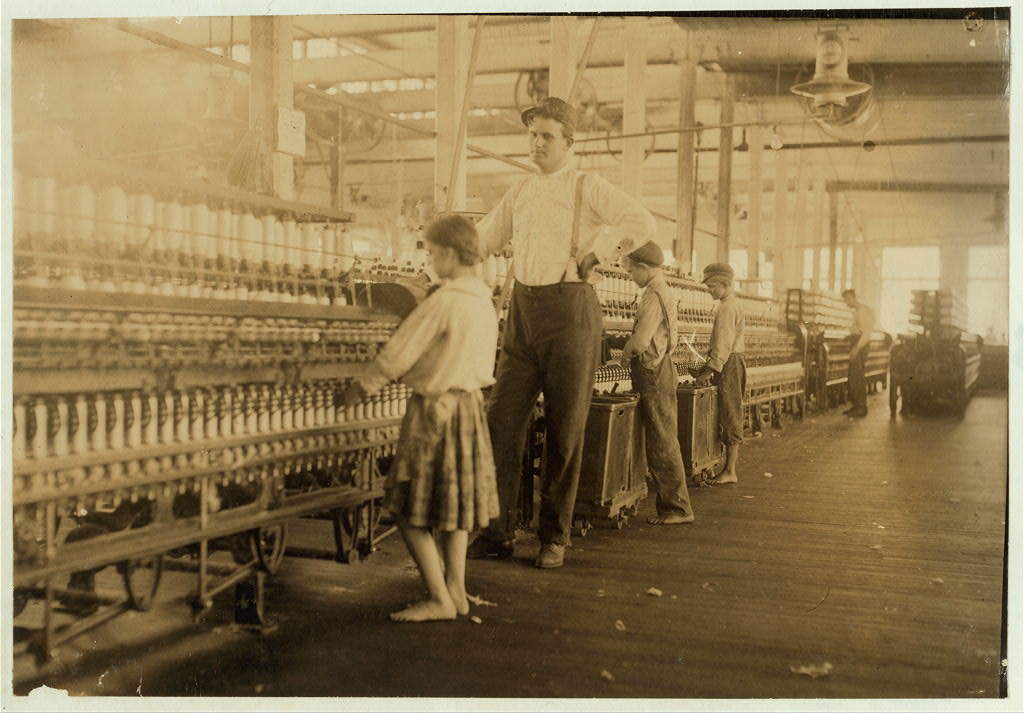 Elizabeth Dillenburg highlights continuities between past and present debates on child labor in the United States
Elizabeth Dillenburg highlights continuities between past and present debates on child labor in the United States
8 September 2022
Faced with an acute labor shortage, US states and employers recently pushed for younger workers to be hired. These recent debates echo themes that emerged in discussions about child labor throughout the nineteenth and twentieth centuries.
 Rebecca Raby investigates what Canadian teenagers think about themselves and their peers participating in early paid work
Rebecca Raby investigates what Canadian teenagers think about themselves and their peers participating in early paid work
6 September 2022
Discussions about children’s work often focus on the Global South. Yet, research in Canada offers valuable insights into how young people view and experience early paid work; how these views and experiences are shaped by age, class, race, and gender; and how they are embedded in specific contexts.
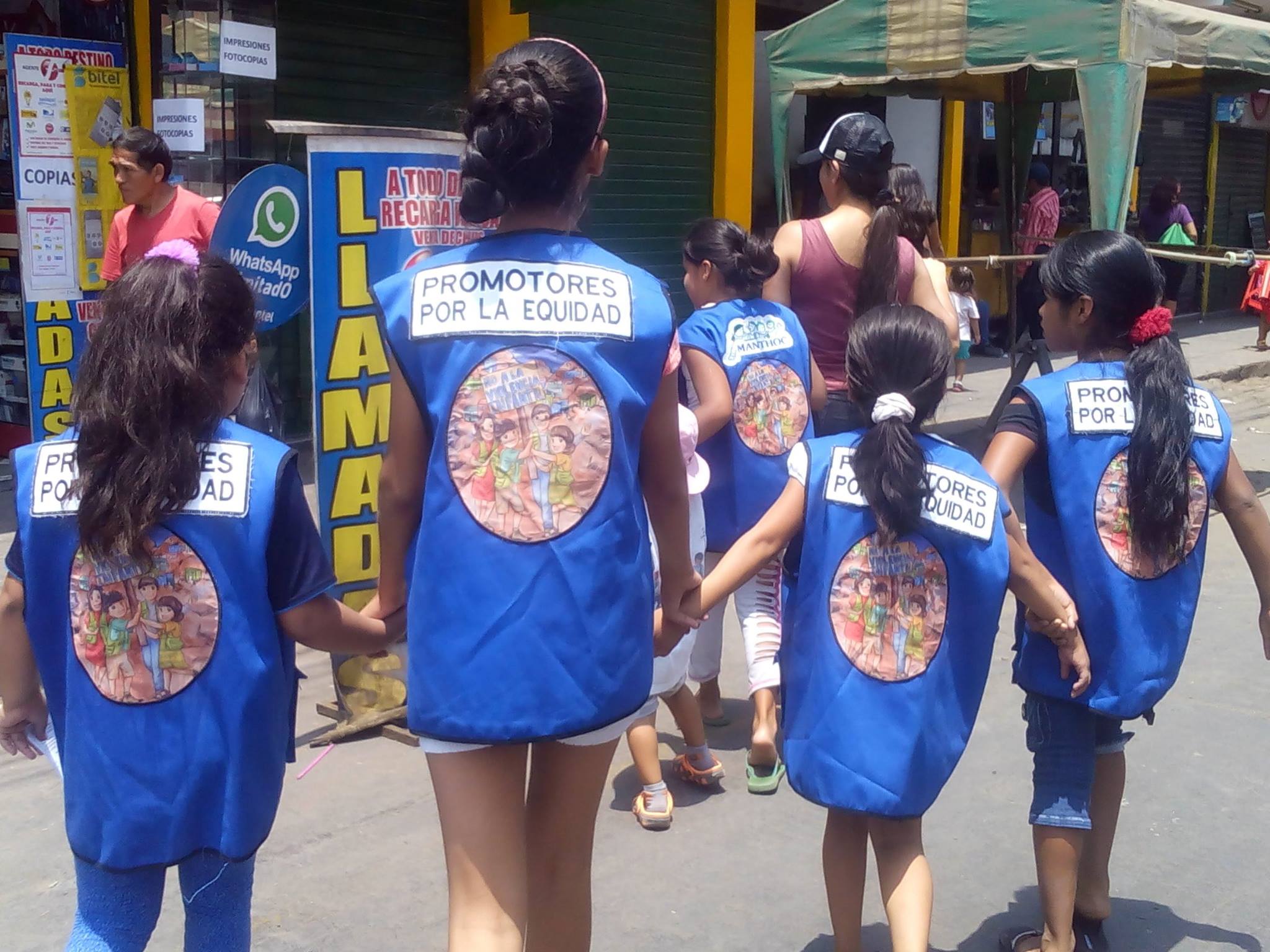 Jessica Taft examines Peruvian working children’s views on child work – as well as their broader political vision
Jessica Taft examines Peruvian working children’s views on child work – as well as their broader political vision
5 September 2022
Working children’s movements around the world have tried to gain a voice in the international policy conversation, but they have not been adequately listened to. Ethnographic research with the Peruvian movement of working children sheds important light on what they say and do regarding work, rights, the economy, and politics
Calls to eliminate child labour fail to listen to working children, even though removing children from putatively ‘harmful work’ can cause further harm. How, then, can harm be better understood, contextualised, and addressed?
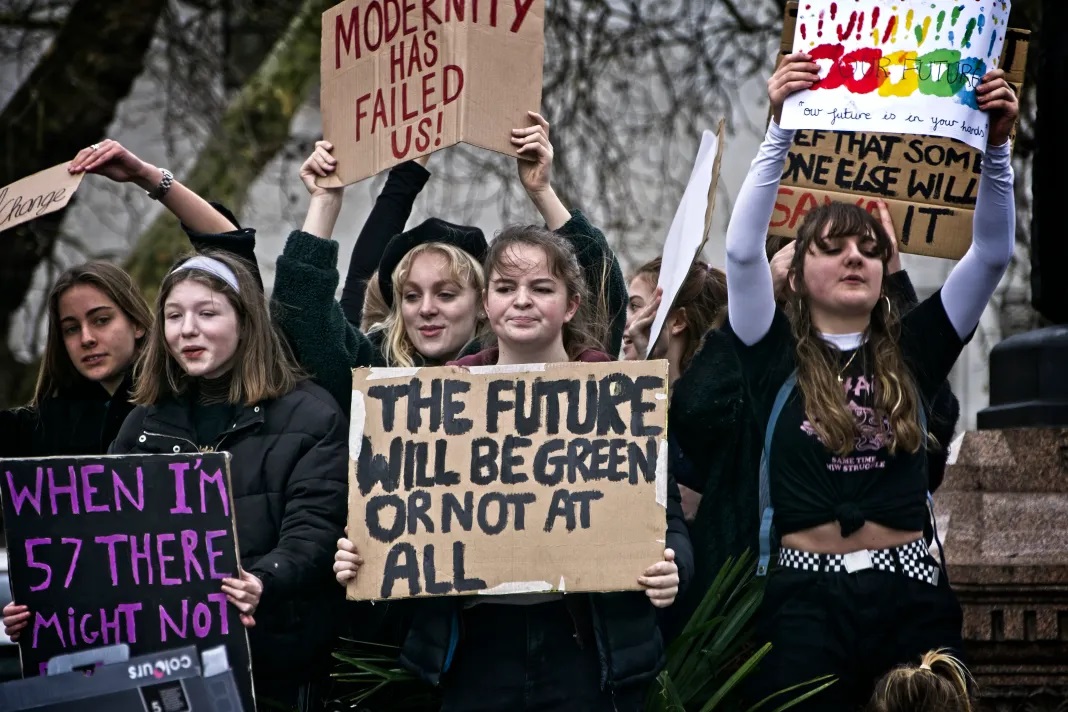 Children and the climate crisis - a special blog feature
Children and the climate crisis - a special blog feature
6 May 2022
Over the past two weeks, we have published pieces by seven of our members - Aoife Daly, Spyros Spyrou, Daniella Bendo, Noam Peleg, Tanu Biswas, Peter Kraftl, and Rongedzayi Fambasayi - on a broad range of issues concerning children and the climate crisis.
In a recent judgment on deadly air pollution, South Africa’s High Court described the applicants' invocation of child rights as 'opportunistic and misleading.' Could this indicate that child rights are, in fact, a blind spot of the Court?
Experimental educational activities on the climate change, delivered to non-White schoolboys who were labelled as 'challenging,' raise questions about 'challenging' behaviours and the climate crisis. Who is able to utter or perform a challenge to the climate crisis, and how?
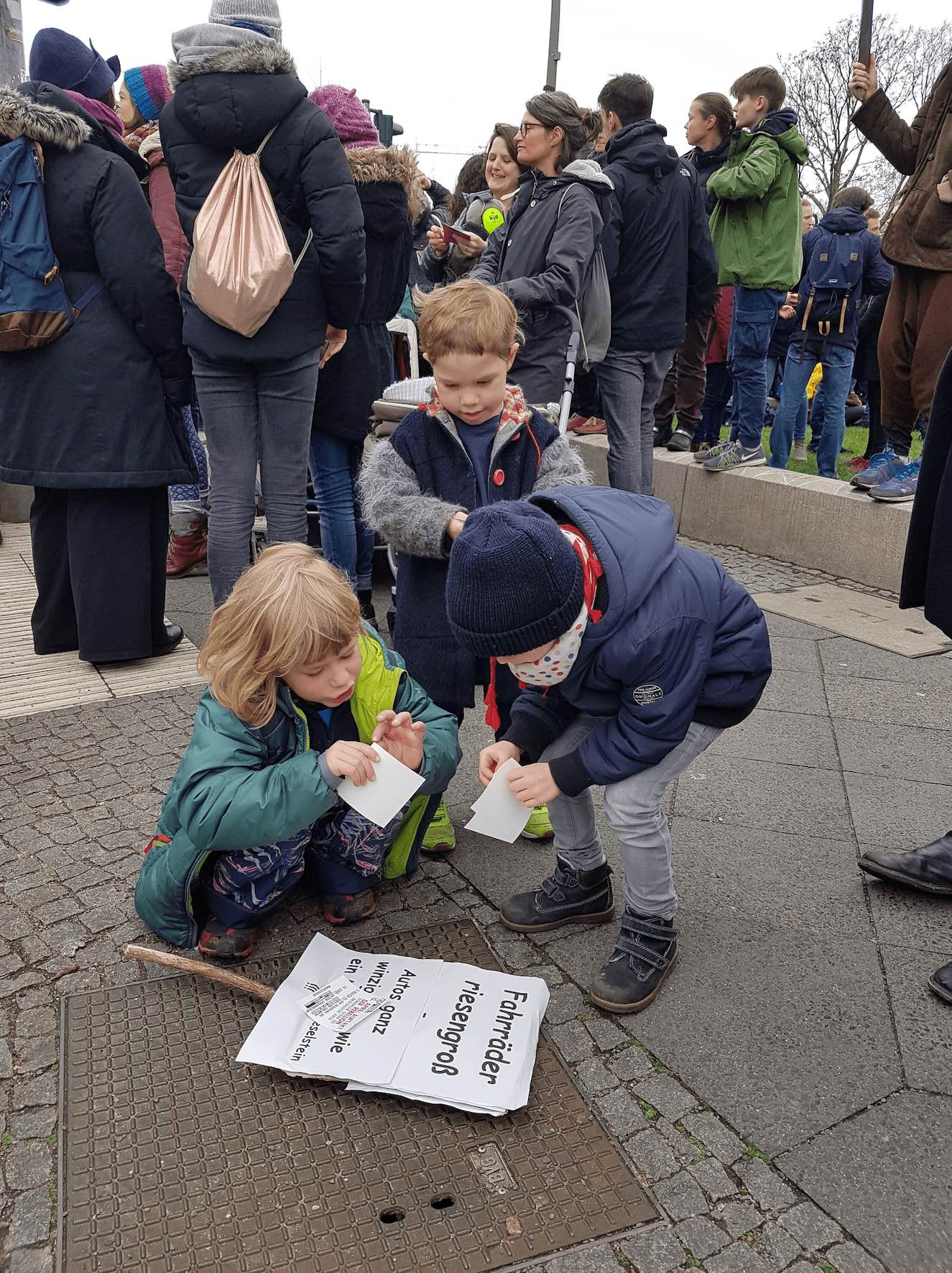 Tanu Biswas Discusses 'Decolonial Childism': Nurturing Diversity for Intergenerational Sustainability
Tanu Biswas Discusses 'Decolonial Childism': Nurturing Diversity for Intergenerational Sustainability
28 April 2022
The aims of education and economy need to be aligned with the larger aim of sustaining life on this planet. Expanding the scope of education - as an intergenerational relationship that gives children access to a diversity of knowledge, choices, and resources - is a direction worth considering.
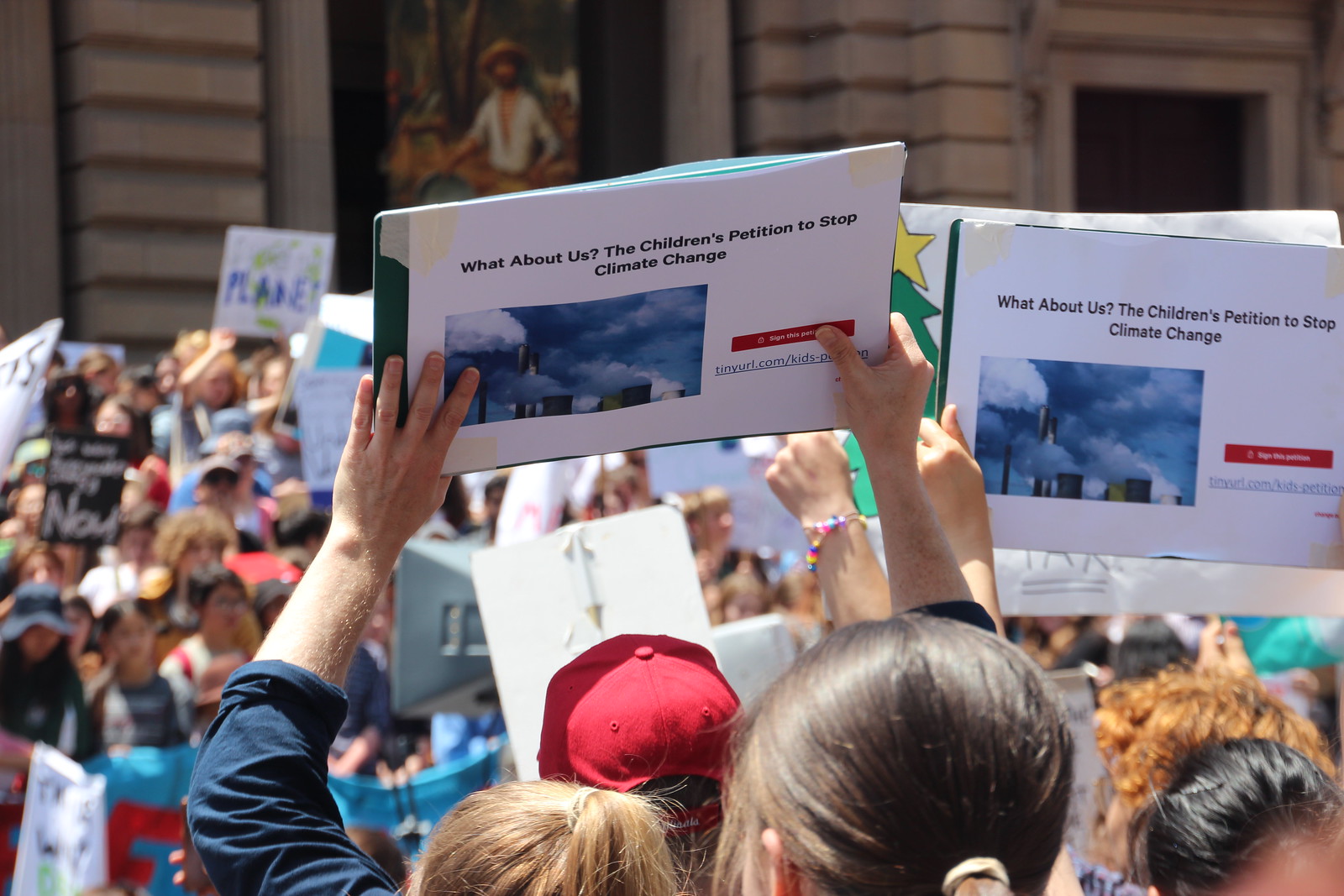 Noam Peleg Explains Why Australia's Recent Climate Change Court Ruling Is a Setback for Children's Rights
Noam Peleg Explains Why Australia's Recent Climate Change Court Ruling Is a Setback for Children's Rights
27 April 2022
Australia's Federal Court recently ruled that the country's Environment Minister has no duty of care for future generations when deciding whether to approve the expansion of coal mines. The case was originally brought by eight teenagers and a nun legally acting on their behalf. The judgment leaves children with limited recourse: they can't vote, they are ignored by politicians, and now the Court refuses to scrutinise decisions that primarily affect them.
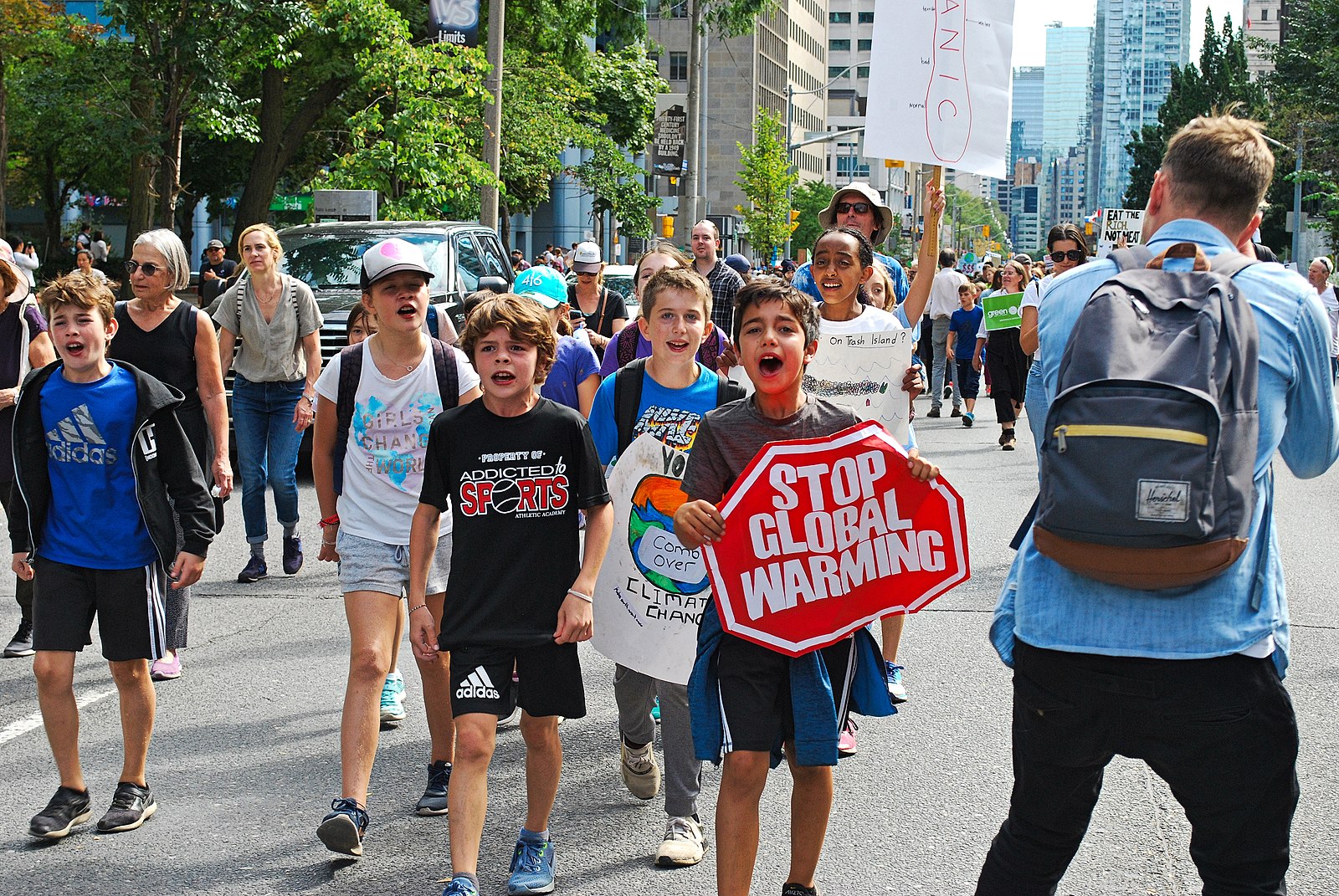 Bendo, Goodwin De Faria, and Mitchell write on Young Climate Activists During the Covid-19 Pandemic
Bendo, Goodwin De Faria, and Mitchell write on Young Climate Activists During the Covid-19 Pandemic
26 April 2022
Since the Covid-19 pandemic broke out, young climate activists have found new ways to bring attention to climate issues. Among other things, they have developed an online toolkit that both educates adults and facilitates the participation of more children in the social movement.
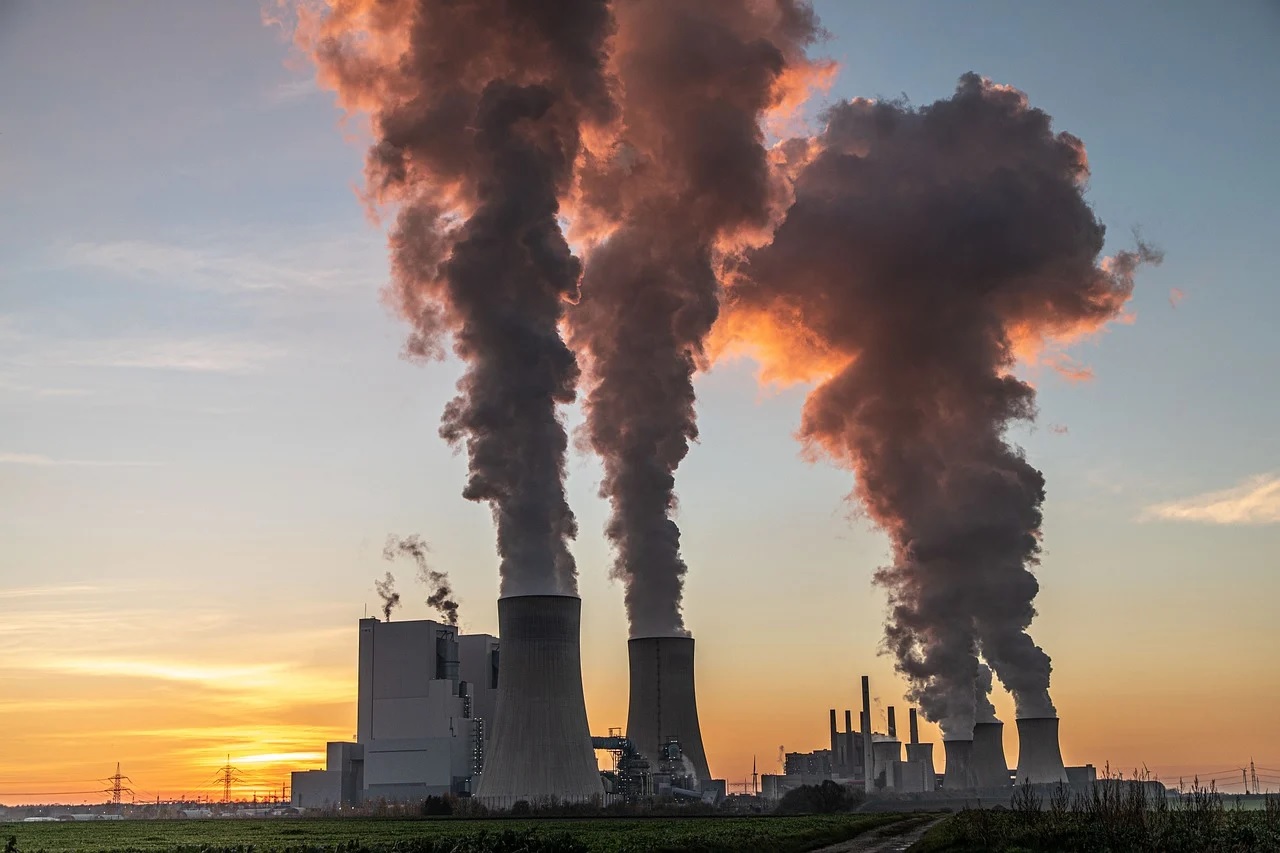 Spyros Spyrou writes on Ethnographic Explorations with Young Climate Activists in Cyprus
Spyros Spyrou writes on Ethnographic Explorations with Young Climate Activists in Cyprus
25 April 2022
Young climate activists in Cyprus challenge adult notions of the pandemic as exceptional, by drawing attention to the everydayness and continuity of the climate crisis. At the same time, they retain hope, rooted in their willingness and capacity to act collectively to bring about change.
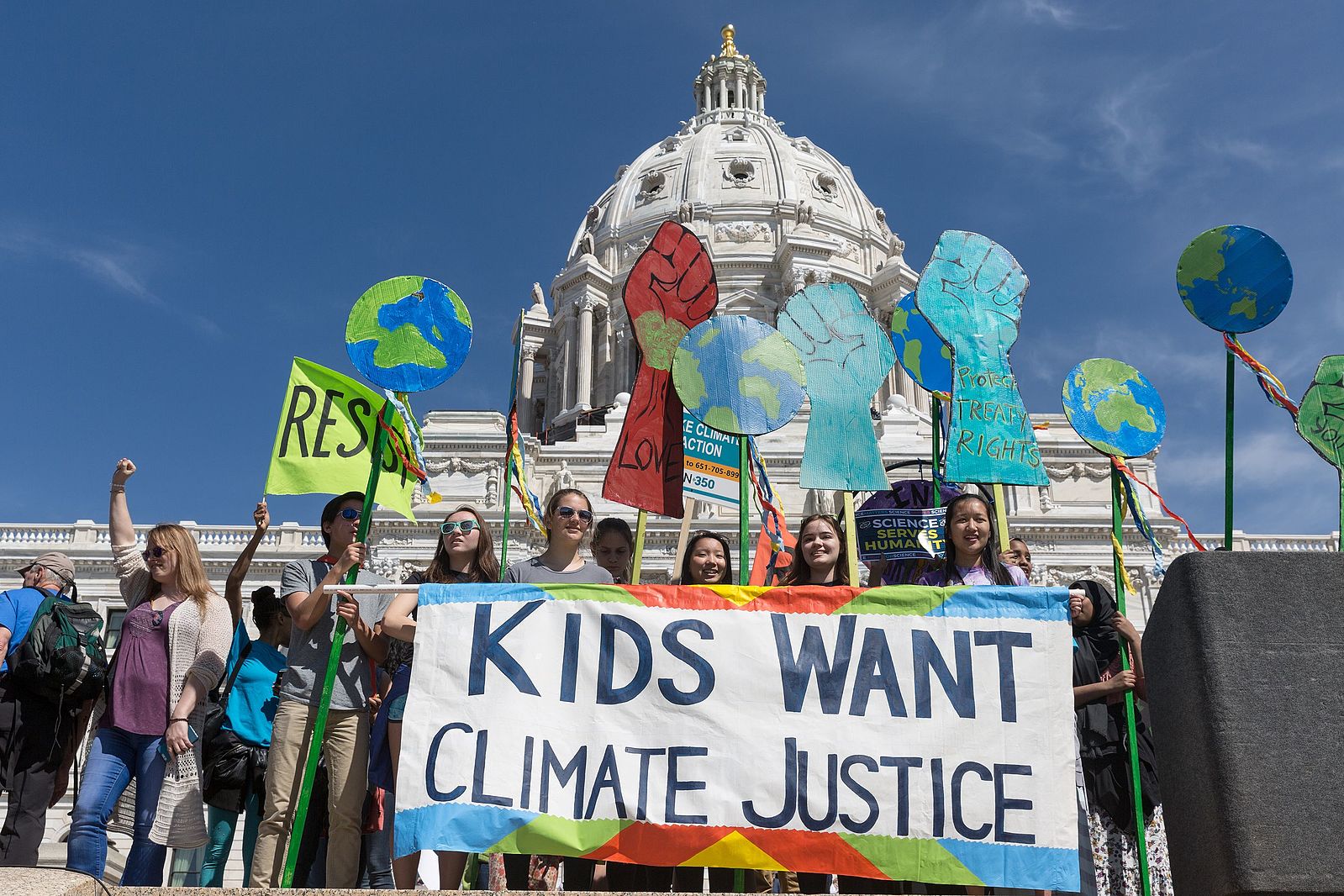 Aoife Daly writes on Access to Justice for Children and Youth in the Climate Crisis
Aoife Daly writes on Access to Justice for Children and Youth in the Climate Crisis
24 April 2022
Children and youth have been driving activism and litigation to combat climate change. But how accessible is climate justice for them?
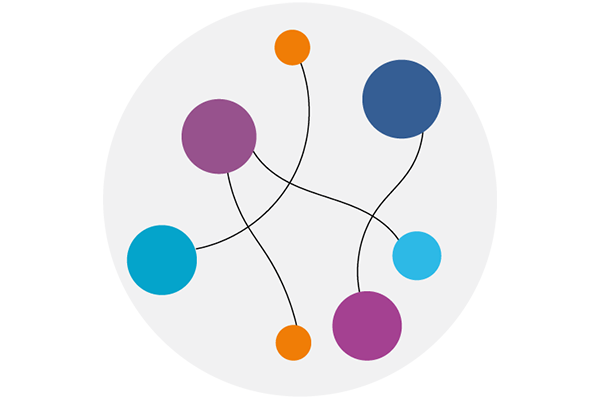
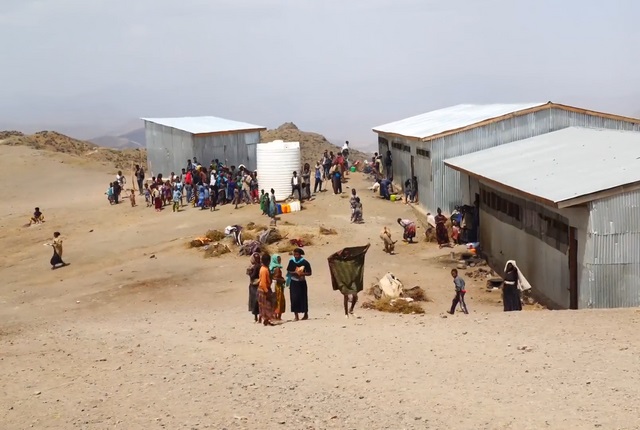 Navigating under food scarcity: The nexus between food distribution, academic performance, and susceptibility to child labour in the refugee setting of Ethiopia
Navigating under food scarcity: The nexus between food distribution, academic performance, and susceptibility to child labour in the refugee setting of Ethiopia
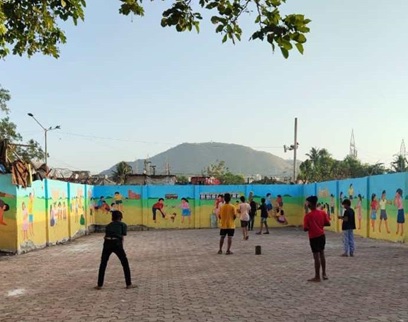 Migrant Children and Substantive Citizenship: How a Children's Collective in Mumbai, India, Is Working to Bridge the Gap
Migrant Children and Substantive Citizenship: How a Children's Collective in Mumbai, India, Is Working to Bridge the Gap
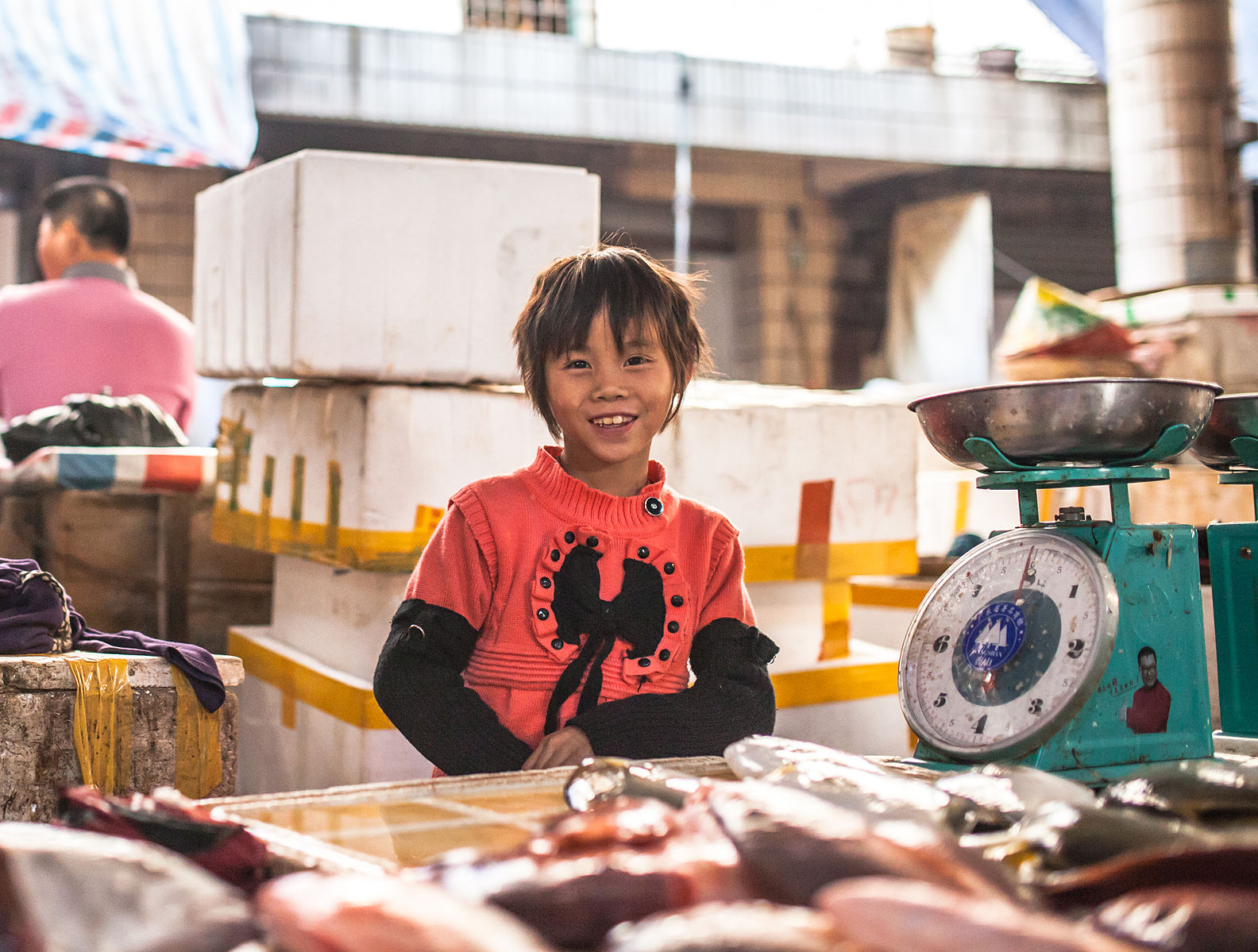 Neil Howard argues that a better understanding of ‘harm’ within children’s work leads us away from the attempt to abolish child labour and towards a focus on child wellbeing
Neil Howard argues that a better understanding of ‘harm’ within children’s work leads us away from the attempt to abolish child labour and towards a focus on child wellbeing
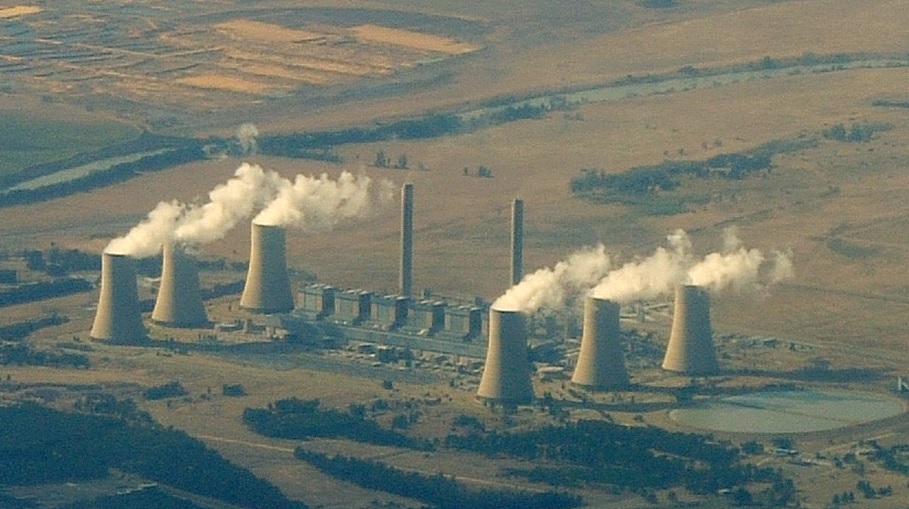 Rongedzayi Fambasayi argues that child rights are a blind spot of South Africa's High Court ruling on air pollution
Rongedzayi Fambasayi argues that child rights are a blind spot of South Africa's High Court ruling on air pollution
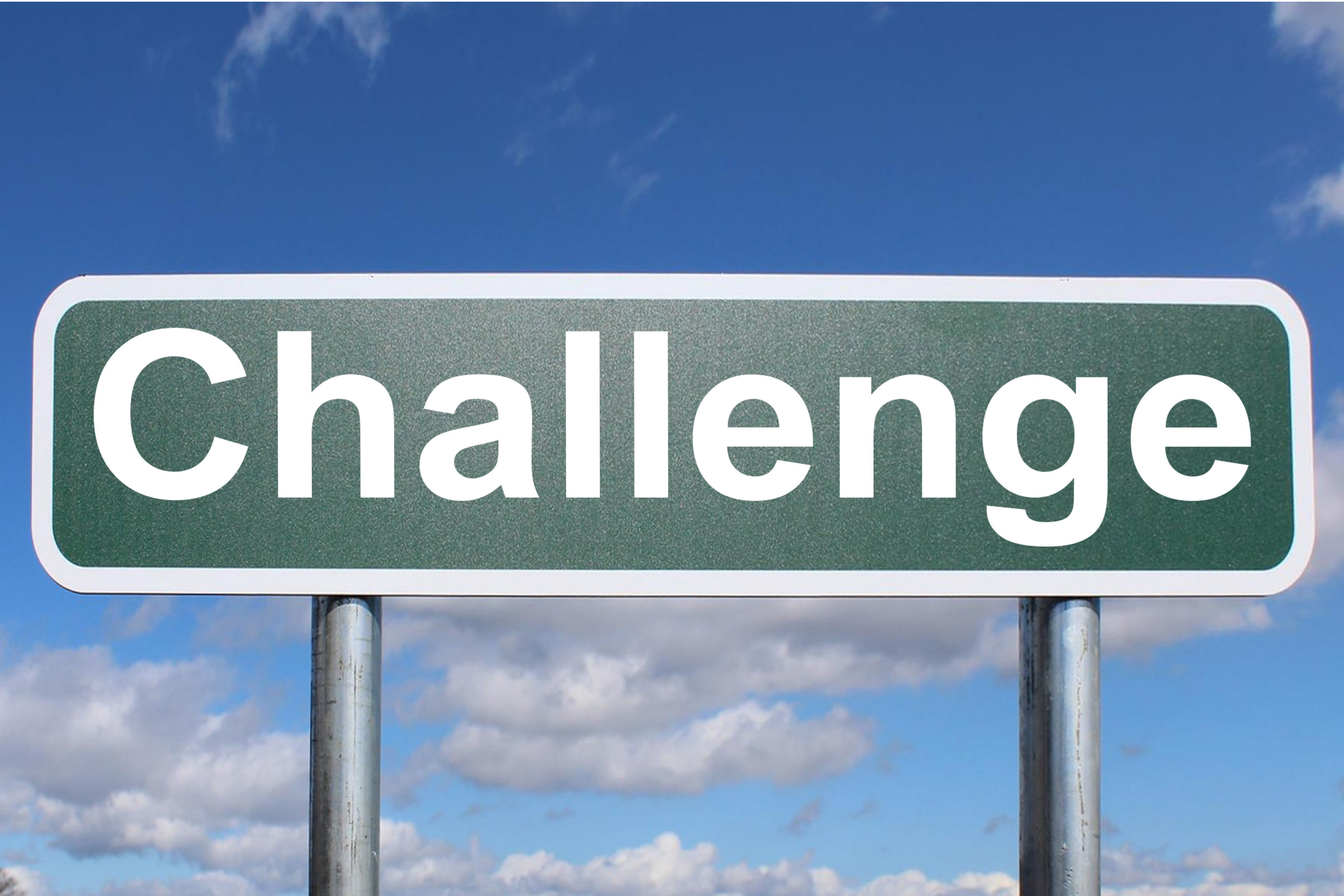 Peter Kraftl discusses how schoolboys whose behavior was deemed 'challenging' can also challenge the climate crisis
Peter Kraftl discusses how schoolboys whose behavior was deemed 'challenging' can also challenge the climate crisis